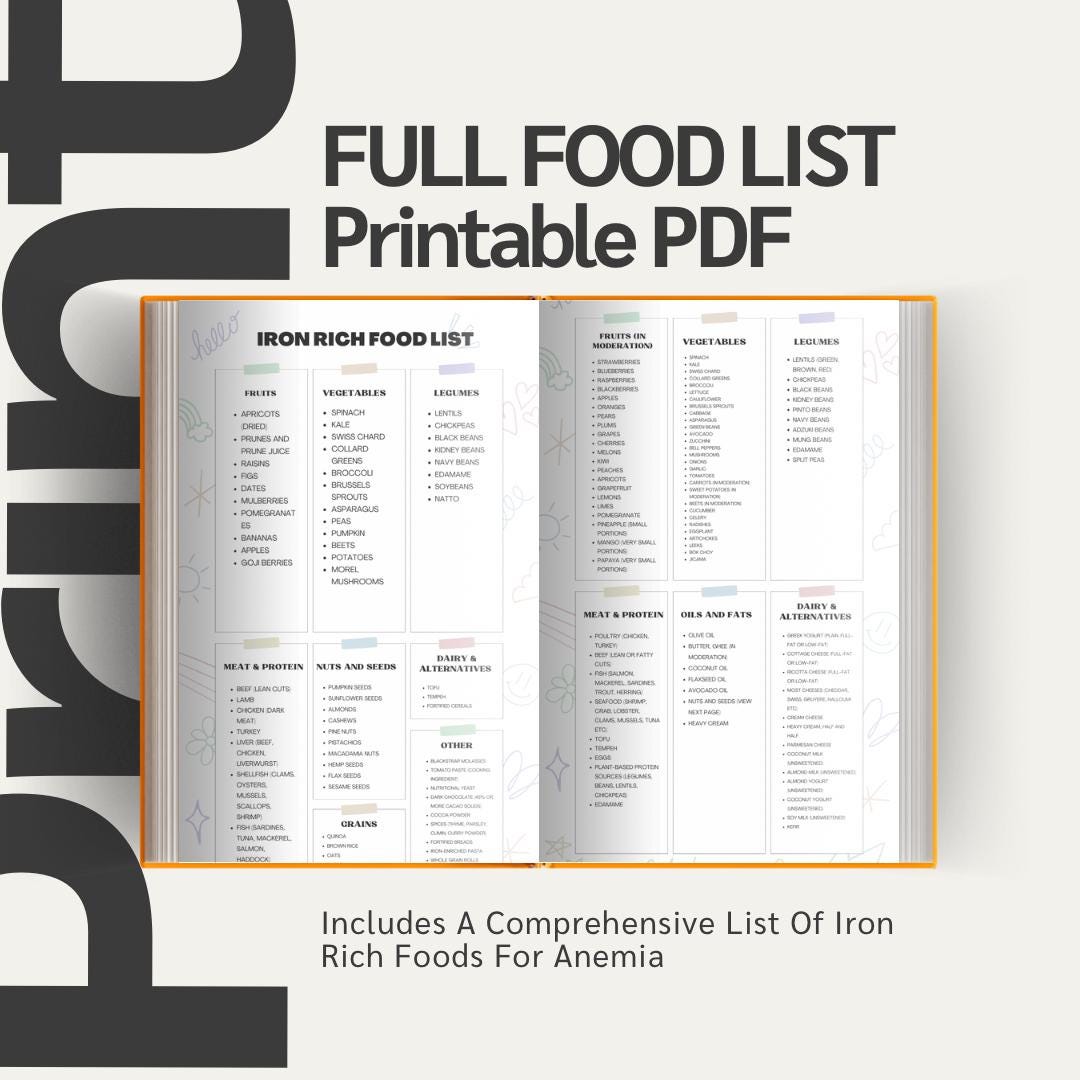12+ Bruised Gum Solutions For Fast Relief

A bruised gum can be a painful and frustrating experience, often causing discomfort while eating, drinking, or even speaking. This condition occurs when the gum tissue is injured, leading to bleeding, swelling, and discoloration. Understanding the causes and symptoms of bruised gums is essential for applying the right solutions. In this article, we will explore 12+ solutions for fast relief from bruised gums, discussing their effectiveness, and providing tips on prevention and overall gum health.
Understanding Bruised Gums
Before diving into the solutions, it’s crucial to understand what bruised gums are and how they occur. Bruised gums can result from various factors such as aggressive brushing, dental procedures, injuries from sharp objects, or even vigorous flossing. Symptoms include pain, especially when touched, swelling, redness, and sometimes bleeding. Recognizing these symptoms early can help in applying timely remedies.
Solutions for Bruised Gums
Salt Water Rinse: One of the most effective and simplest remedies for bruised gums is rinsing with warm salt water. The salt helps reduce swelling and kills bacteria, while the warm water soothes the gum area. Dissolve a teaspoon of salt in a cup of warm water and swish it around your mouth gently before spitting it out.
Cold Compress: Applying a cold compress to the outside of your cheek near the affected area can help reduce pain and swelling. Wrap an ice cube in a cloth to avoid direct contact with your skin and apply it for a few minutes at a time.
Aloe Vera Gel: Known for its soothing properties, aloe vera can provide relief from the pain and inflammation associated with bruised gums. Apply aloe vera gel directly to the affected gum with a cotton swab.
Tea Bags: Used tea bags, especially those containing peppermint or chamomile, can be cooling and soothing when applied to bruised gums. Let the tea bag cool down, then place it against your gum for a few minutes.
Over-the-Counter Pain Relievers: For more severe pain, over-the-counter pain relievers like ibuprofen or acetaminophen can be effective. However, always follow the instructions on the label and consult your dentist or doctor if you’re unsure.
Desensitizing Toothpaste: If your bruised gum is causing tooth sensitivity, using a desensitizing toothpaste can help. These toothpastes contain ingredients like potassium nitrate that help block the dentinal tubules, reducing sensitivity.
Hydrogen Peroxide Mouthwash: Diluted hydrogen peroxide can help reduce bacteria in the mouth and promote healing. However, always dilute it with water as undiluted hydrogen peroxide can be harsh on the gums.
Turmeric Gel: Turmeric contains curcumin, which has anti-inflammatory properties that can help reduce swelling and pain. Apply turmeric gel directly to the bruised gum.
Clove Oil: Clove oil has been used for centuries for its analgesic and anti-inflammatory properties. Apply a few drops of clove oil to a cotton swab and gently rub it on the affected gum area.
Vitamin C: Vitamin C is essential for the healing process and can help strengthen your gums. Increase your intake of vitamin C through foods like oranges, strawberries, and bell peppers, or consider taking supplements after consulting with your doctor.
Proper Oral Hygiene: Maintaining good oral hygiene is crucial for preventing further irritation and promoting healing. Use a soft-bristled toothbrush and gentle toothpaste, and avoid flossing the affected area until it heals.
Dental Check-up: If your bruised gum persists or is accompanied by other symptoms like fever or increased sensitivity, it’s essential to visit your dentist. They can assess the condition and provide professional treatment or advice.
Additional Tips
- Avoid Irritants: Try to avoid foods and drinks that can irritate your gums further, such as spicy, acidic, or sharp-edged foods.
- Smoking Cessation: Smoking can hinder the healing process and worsen gum conditions. Quitting smoking can significantly improve your oral health.
- Regular Dental Care: Regular dental check-ups can help identify and treat gum issues early, preventing more severe problems.
FAQ Section
How long does it take for bruised gums to heal?
+The healing time for bruised gums can vary depending on the severity of the injury. Mild cases may heal within a few days, while more severe bruising might take a week or more to recover. Proper care and avoiding further irritation can speed up the healing process.
Can bruised gums lead to more serious conditions?
+Yes, if left untreated or if proper care is not taken, bruised gums can lead to more serious conditions like gum disease (periodontitis) or abscesses. It's crucial to monitor the condition and seek professional help if symptoms persist or worsen.
How can I prevent bruised gums in the future?
+Preventing bruised gums involves maintaining good oral hygiene, being gentle when brushing and flossing, avoiding smoking, and having regular dental check-ups. Also, be mindful of your diet and avoid foods that can cause irritation or injury to your gums.
Conclusion
Bruised gums, though painful and inconvenient, can be treated effectively with the right approach. From simple home remedies like salt water rinses and cold compresses to more specific treatments like desensitizing toothpaste and vitamin C supplements, there are numerous solutions available. Remember, prevention is key, and maintaining good oral hygiene, avoiding harmful habits, and regular dental check-ups can significantly reduce the risk of bruised gums and other oral health issues. If you’re experiencing persistent discomfort or if your symptoms worsen, don’t hesitate to seek professional advice from your dentist. With the right care and attention, you can achieve fast relief and promote healthier gums.

